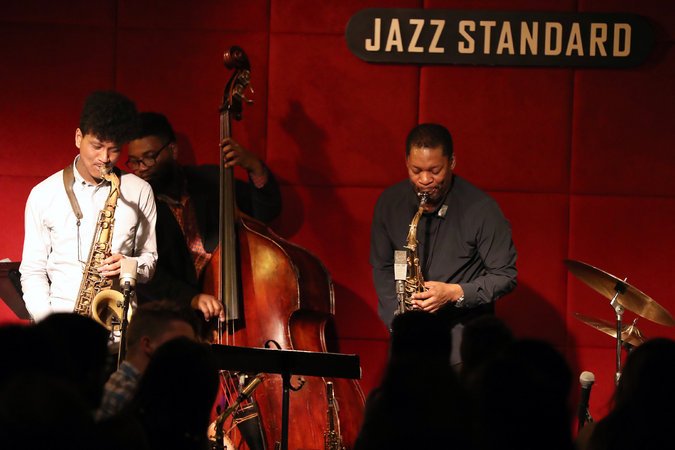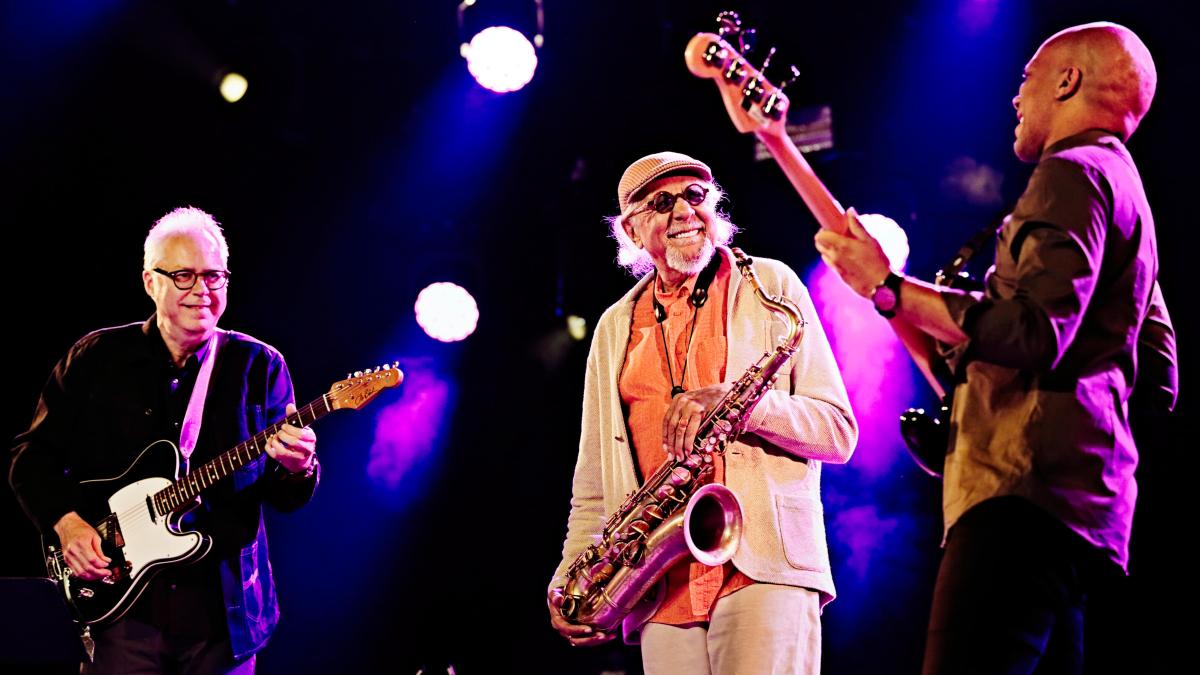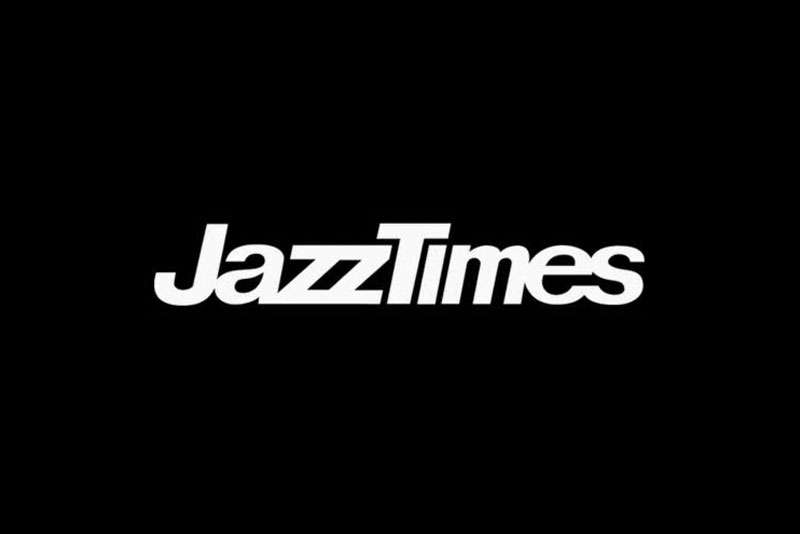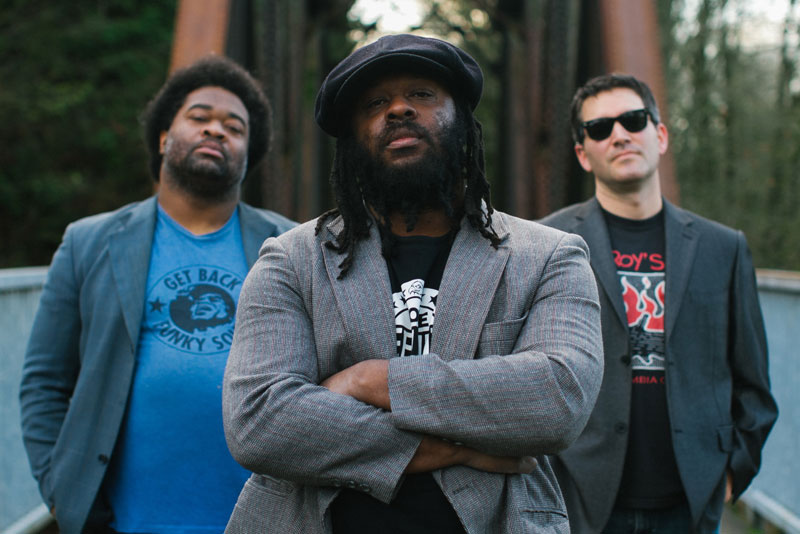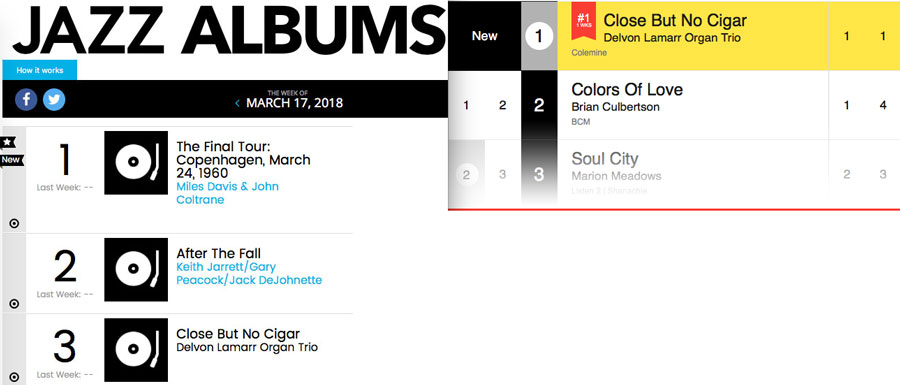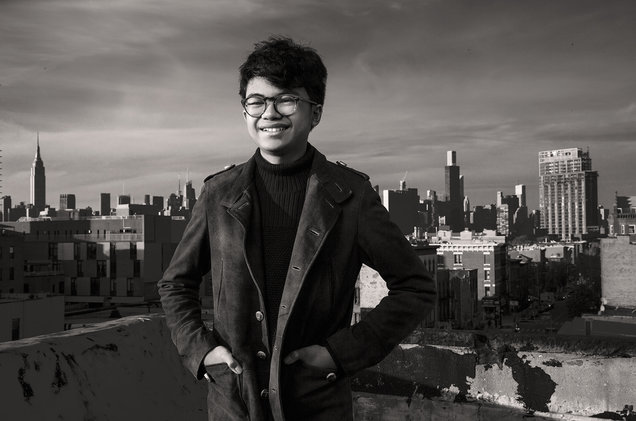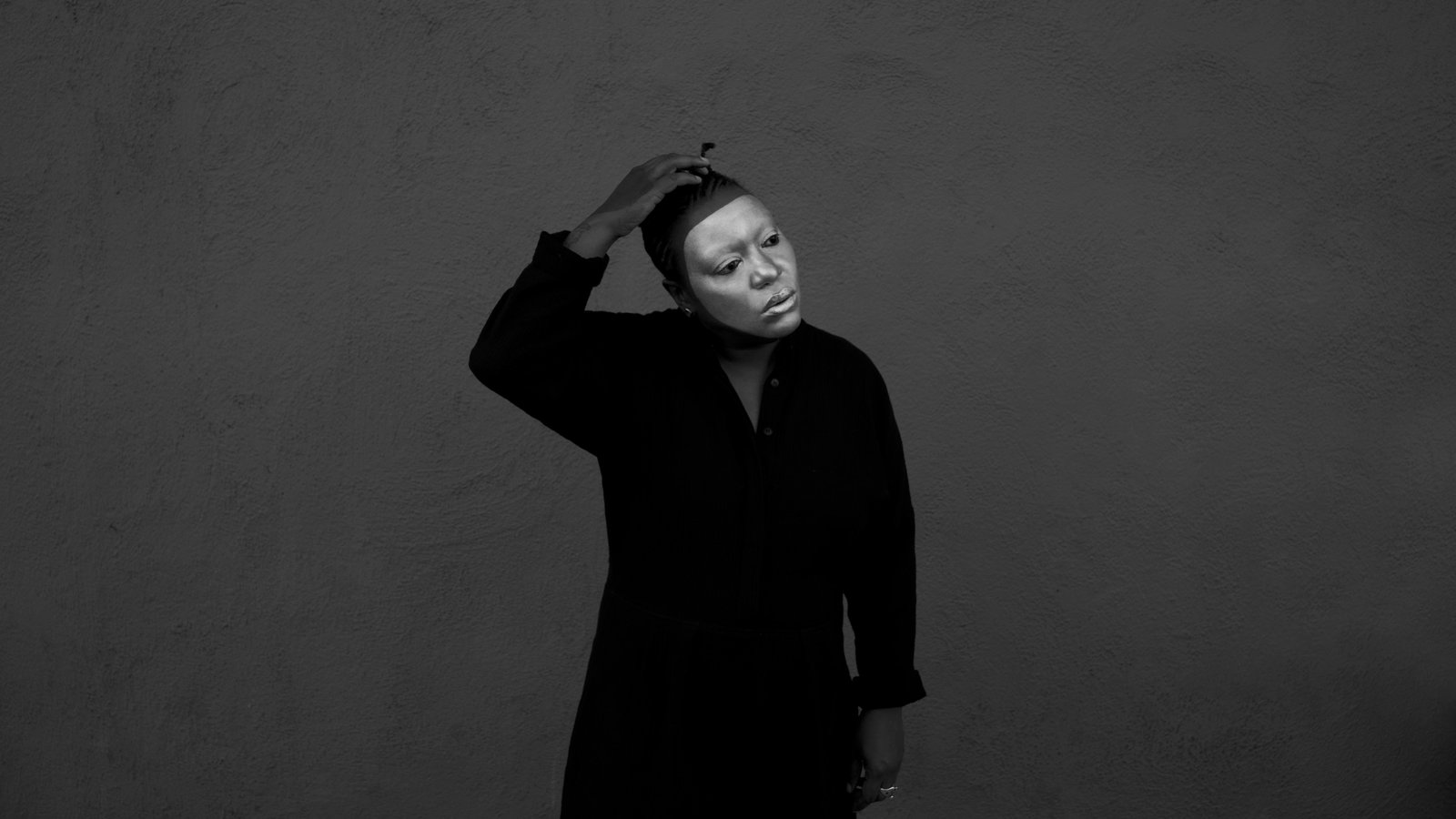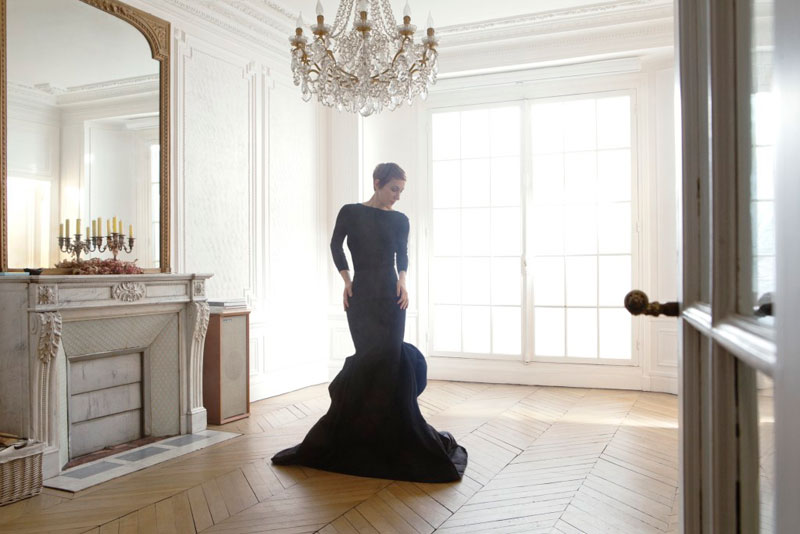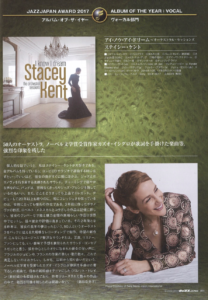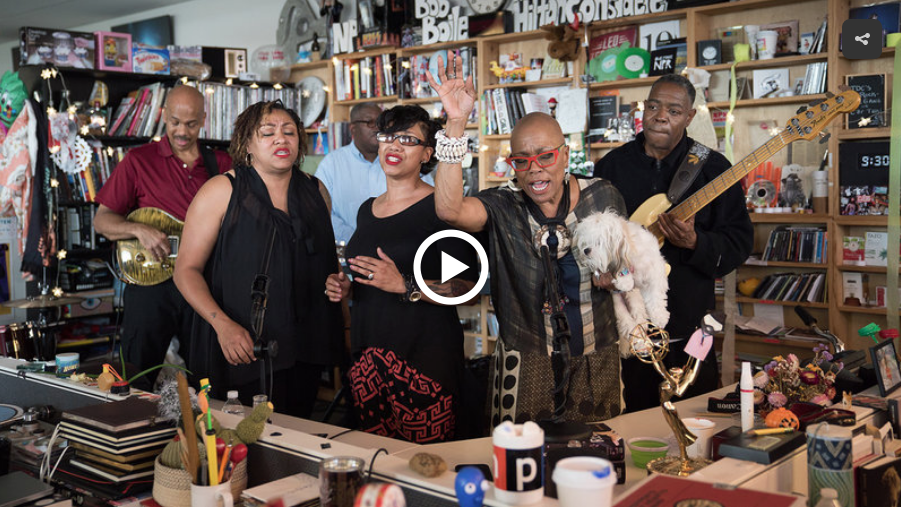
Suraya Mohamed for NPR – “This is me coming back full circle in my life,” Dee Dee Bridgewater told NPR right before this Tiny Desk performance. Ever since her teenage years, she’s wanted to make her latest album, Memphis… Yes, I’m Ready. Now, a gorgeous 67 years young, Bridgewater is connecting openly with her roots, her birthplace and the town she’s loved all her life.
When she was just three years old, her family moved from Memphis, Tennessee, to Flint, Michigan. Years later, Bridgewater could still hear the soul sounds of Memphis on WDIA, the first radio station in America programmed entirely by African-Americans for African-Americans. She recalled, “I could catch it when I was in Flint as a teenager and I would listen to it after 11:00 at night, because that was the only time I could get it — when all the other stations were off the air. I know it was real, ’cause I went through it and these were all songs I heard on WDIA.”
Bridgewater brought three of these songs to the Tiny Desk: First, is the celebrated blues hit, “Hound Dog,” first recorded by not by Elvis Presley but by Willie Mae “Big Mama” Thornton in 1952. What makes this presentation special is not only Bridgewater’s sultry and soulful interpretation, but her adorable Daisy, perhaps the cutest “Hound Dog” to ever bless this song.
